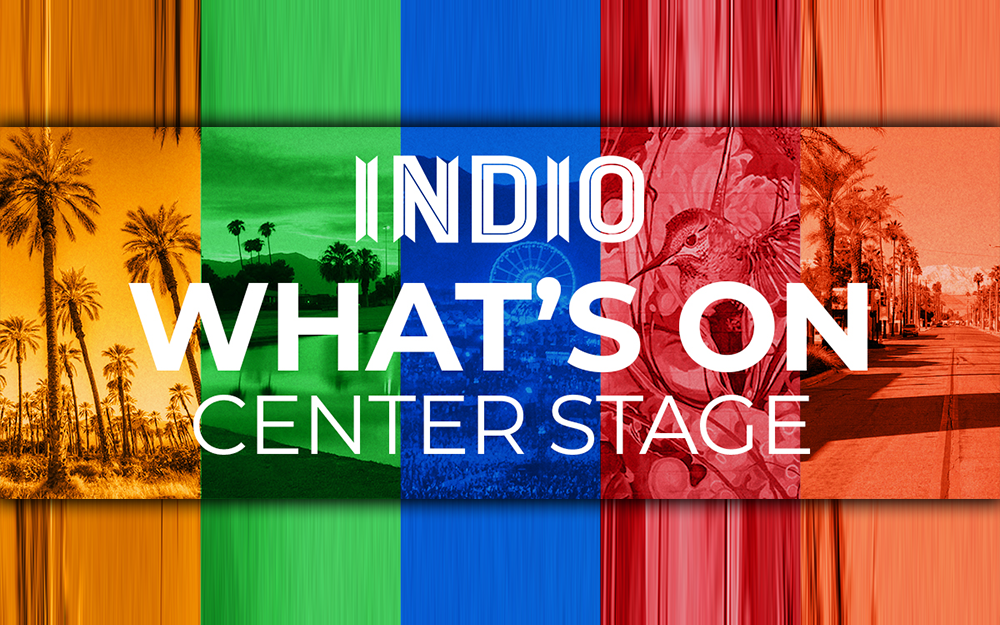In November, Californians will be voting on a fairly simple ballot initiative: Do you have the right to know what is in your food? Should you know if the food you are buying includes a Genetically Engineered Crop (GE) also called a Genetically Modified Organism (GMO)?
Early polling suggests that more than 9 in 10 Californians support the Act. Similar labeling is already in place in forty countries including those of the European Union, Japan and even China. To me, this seems simple – I want to know what my family is eating. Vote for the Act. End of story.
Not so fast.
Opponents feel that the labeling will be the equivalent of a Scarlet “A” on a safe and important food type. Those against the Act include Monsanto, DuPont, Dow Chemical, Kraft, large farmers and food manufacturers. Collectively, they expect to spend as much as $100,000,000 to defeat the Act.
Supporters of the bill include organic farmers, the Chairman of Stonyfield Farms (Organic Yogurt) and many citizen groups. They all feel that consumers should know what they are eating.
Locally, the Indio Chamber of Commerce have come out in opposition to the Act. I reached out to Joyce Donaldson, their President/CEO, and Patrick Swarthout who is their Chairman but neither were immediately available for comment.
As a point of reference, a GE or GMO is a plant or meat that has had its DNA artificially altered by genes from other plants, animals, viruses or bacteria in order to produce foreign compounds in that food. Almost all U.S. corn now contains DNA derived from bacteria. This DNA helps the corn as well as soybeans resist herbicides used in weed control. Essentially, the corn contains its own insecticide. The question people are asking is if the corn can harm an insect, what are the long-term consequences on human beings? That is the problem – the FDA does not require a safety assessment of GE foods for human consumption and there are no comprehensive and conclusive studies that prove the argument one way or the other.
Supporters of GMOs state unequivocally that their engineered product can be a safer food type than non-GMO foods. Monsanto sells a Round-Up resistant corn and soybean while Dow Chemical is seeking approval for Agent Orange Corn. The question opponents of GMOs are asking is why the FDA cannot treat these foods that are created in the lab by the same standards as drugs? Shouldn’t the GMO be fully vetted before being introduced into the food supply?
While GMOs reduce starvation throughout the world, the problem is that many GMOs have not been vetted and are believed to be responsible for a host of illnesses in humans such as expedited puberty and increases in allergies, autism, infertility, birth defects and susceptibility to a range of cancers. Despite limited testing of GMOs, the FDA have concluded that all GE food products are safe and labeling is unnecessary as it could mislead consumers.
Supporters of the Act state that the food business will have eighteen months to comply with the labeling requirements. As most products are relabeled for marketing reasons every year, the cost of this Act will be negligible. Opponents disagree. Some manufacturers like Kellogg’s have stated that if the Act is passed, they will most likely reformulate Corn Flakes as they do not want to have their wholesome product labeled with the Scarlet A (or GMO in this case). This will cause the cost of their product to go up.
Curiously, the Act only applies to foods purchased in stores and not foods meant for immediate consumption such as those purchased in restaurants.
One of the biggest worries to organic farmers and food manufacturers like Stonyfield Farms is that many crops such as alfalfa cross pollinate through the air. As such, we are not that far from a situation where it will be difficult if not impossible to keep GMOs out of the organic food supply.
When in doubt, just label it and let the consumer make their own educated decision. It is that simple. End of story.










































Comments are closed.